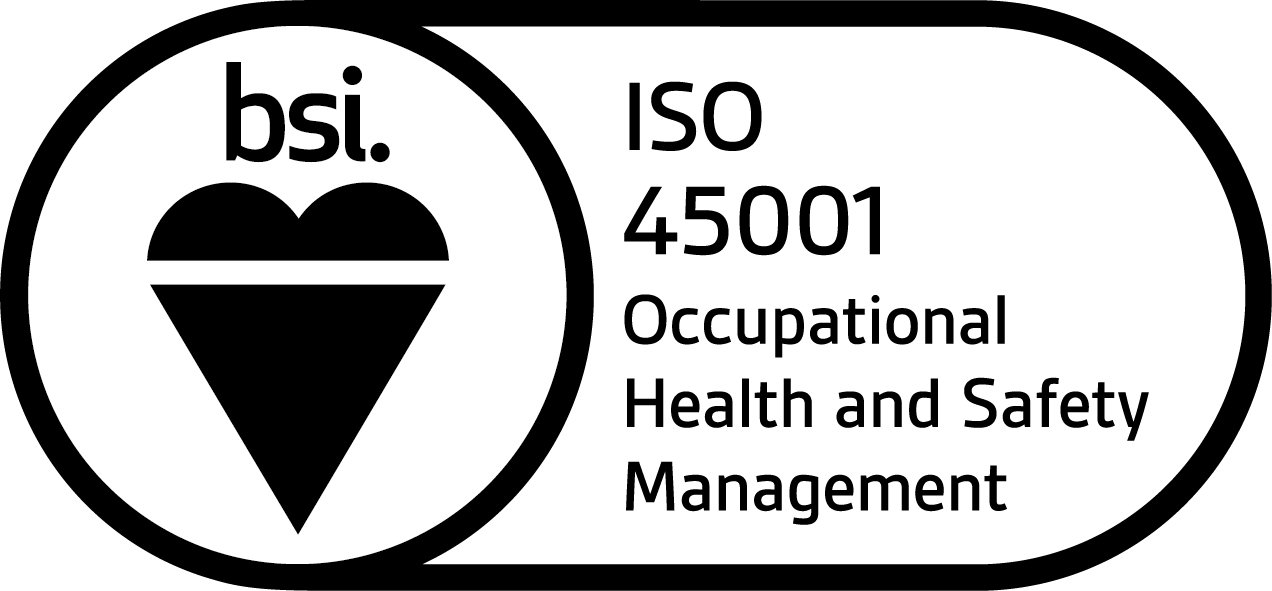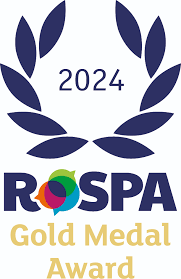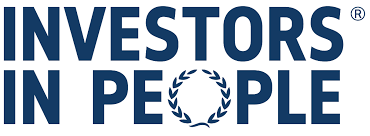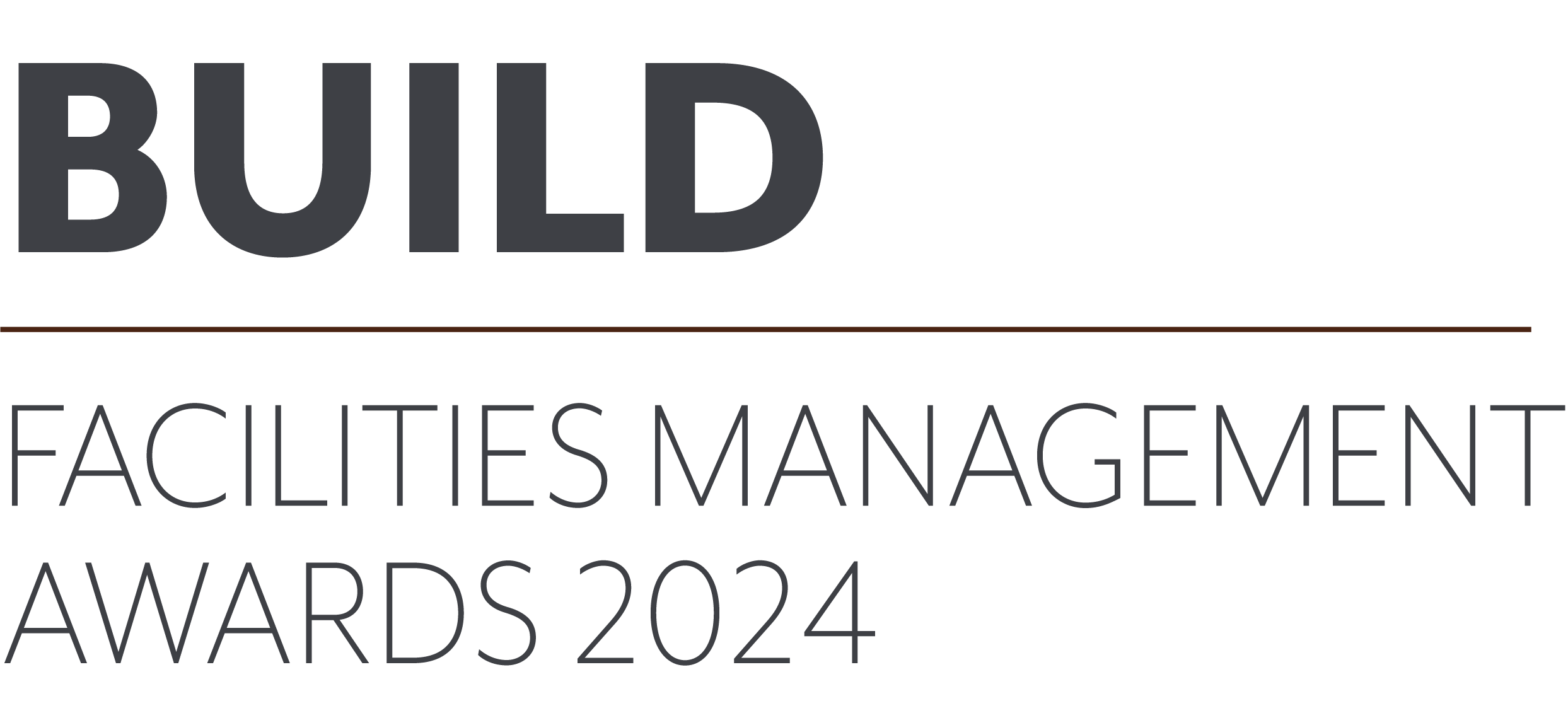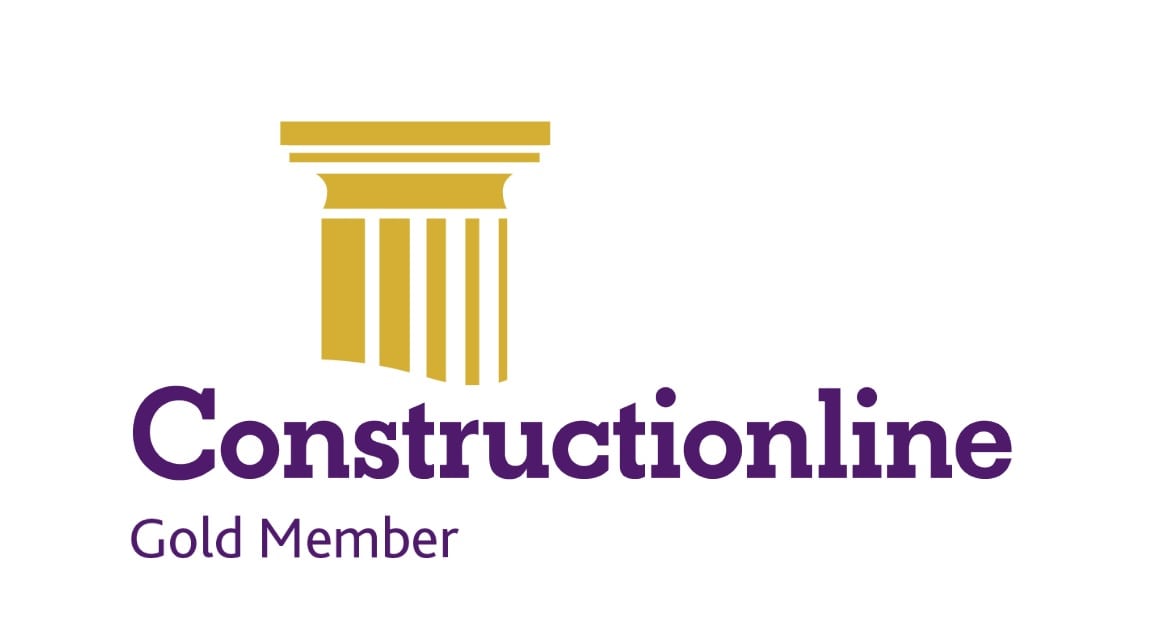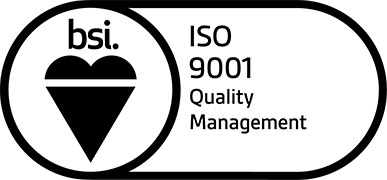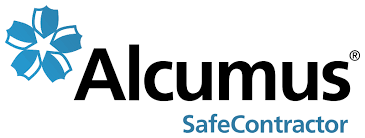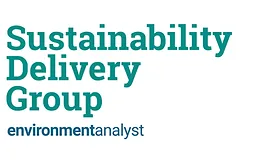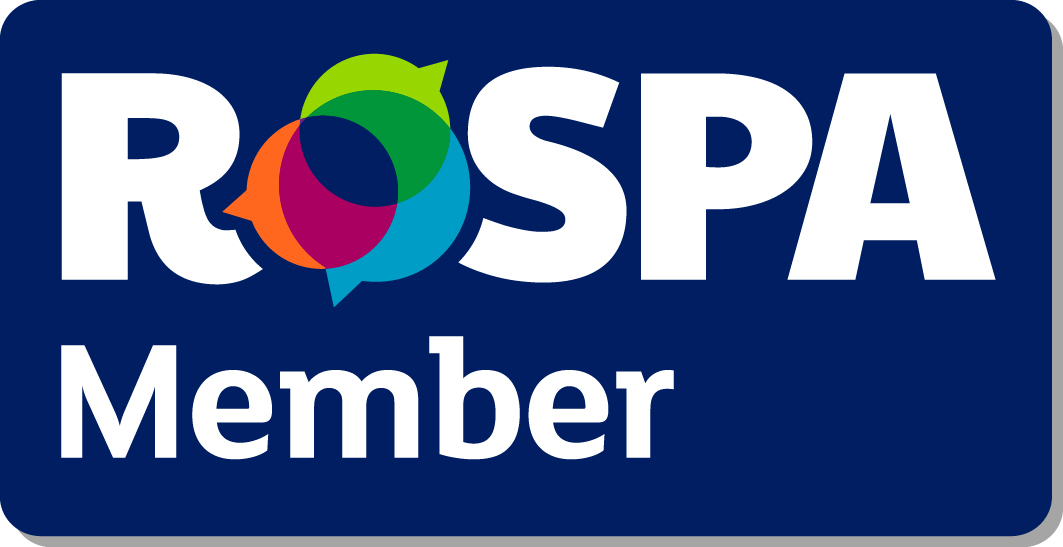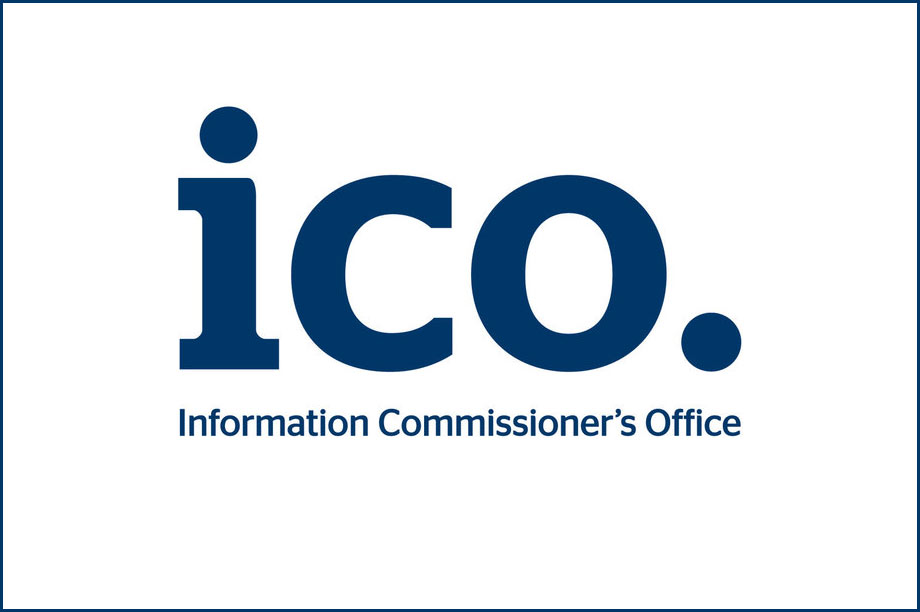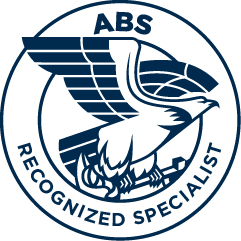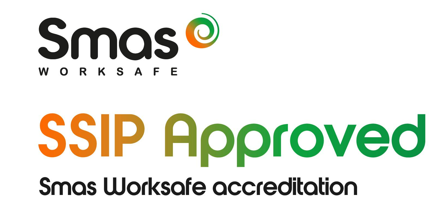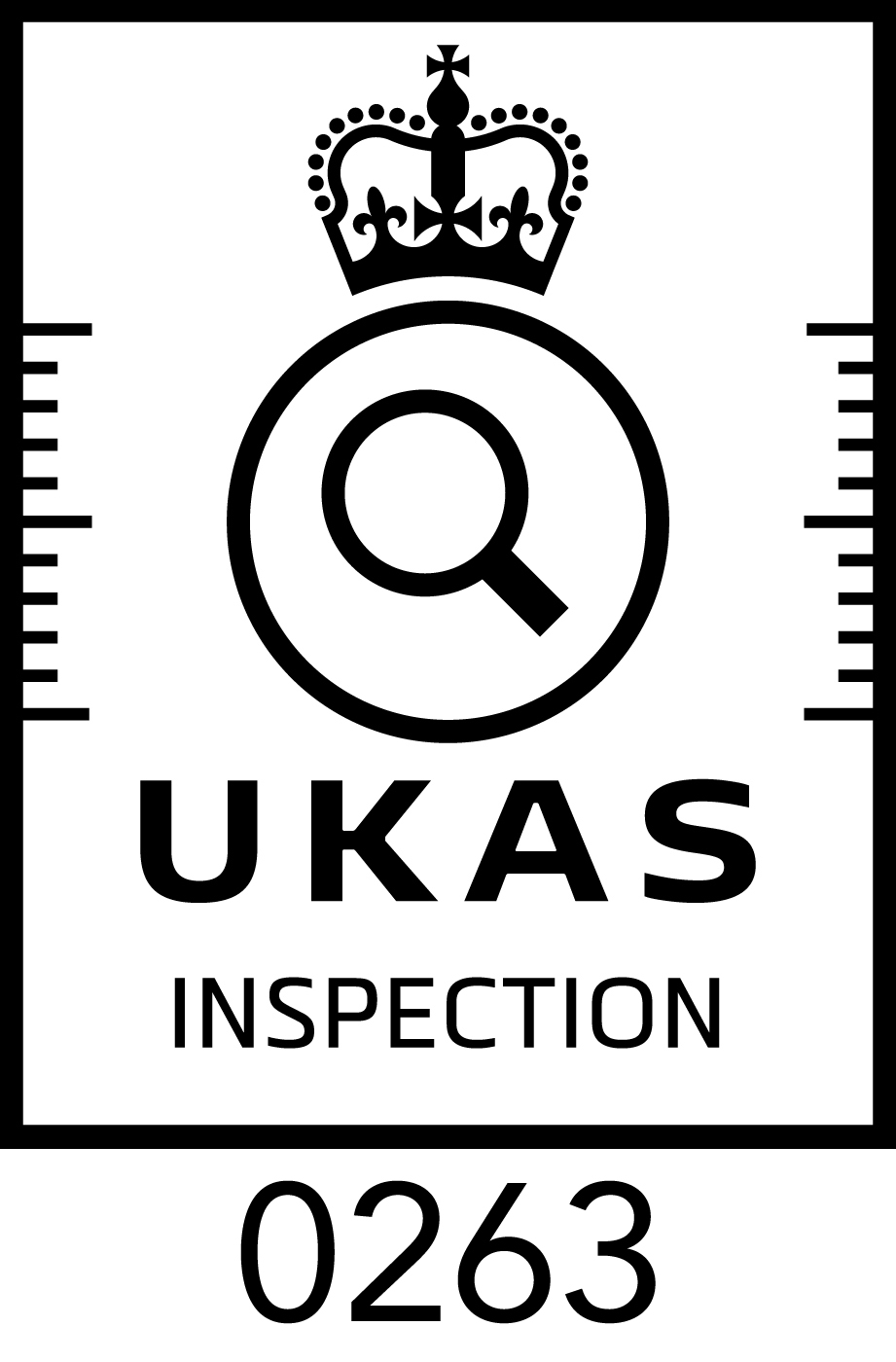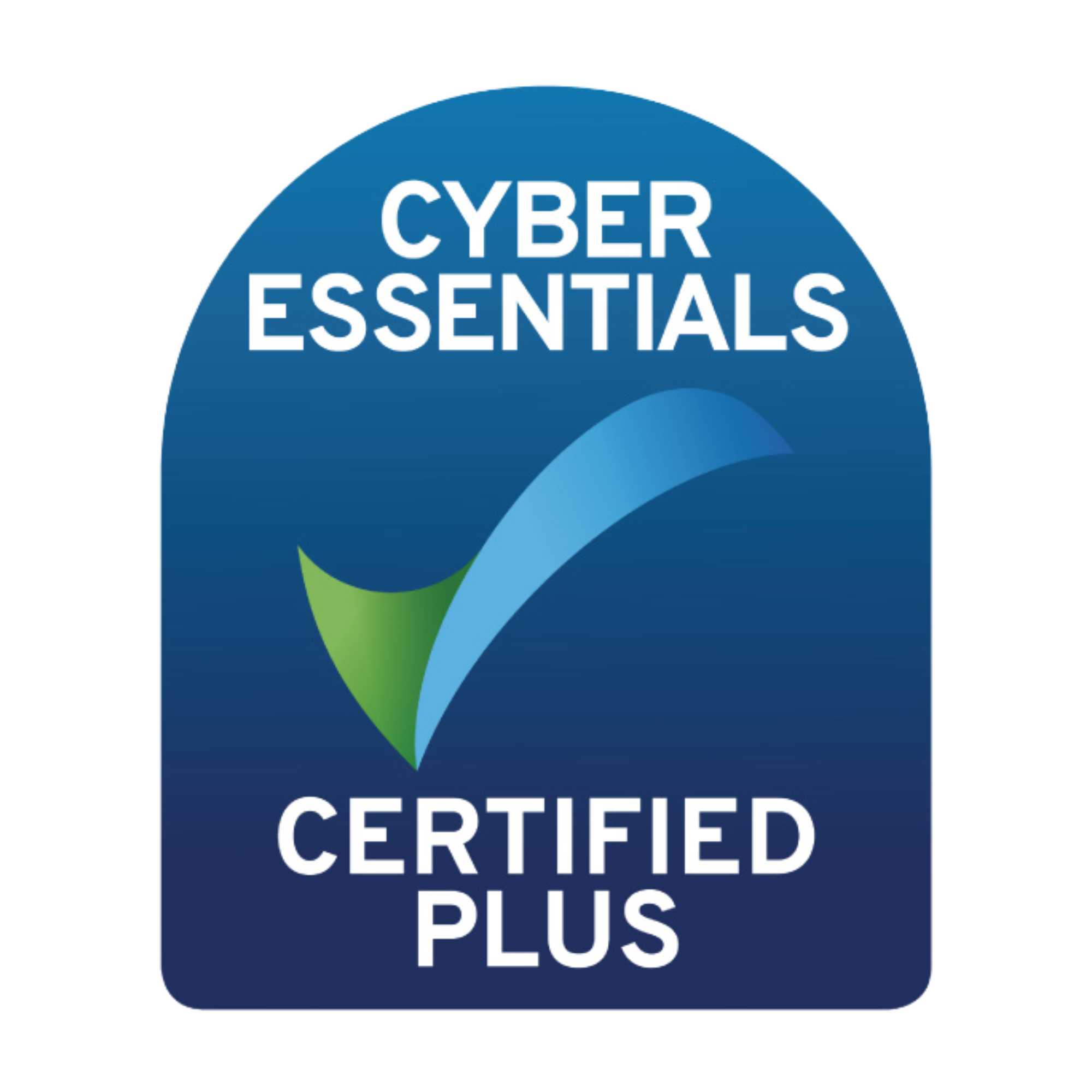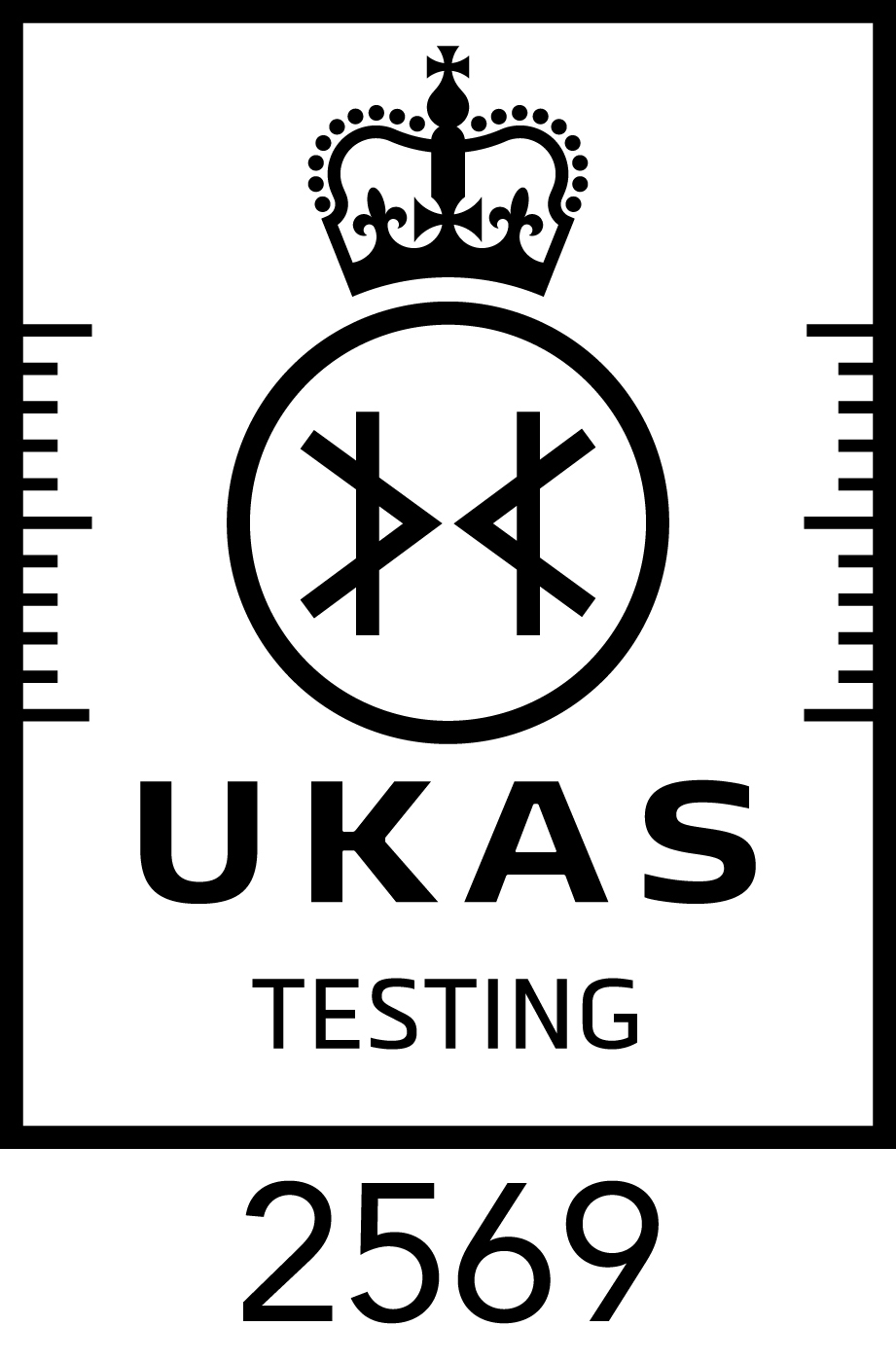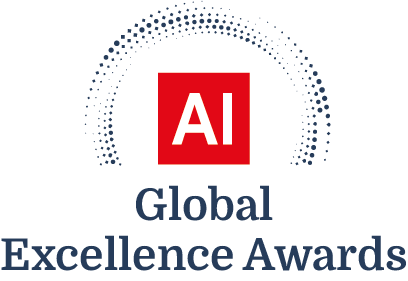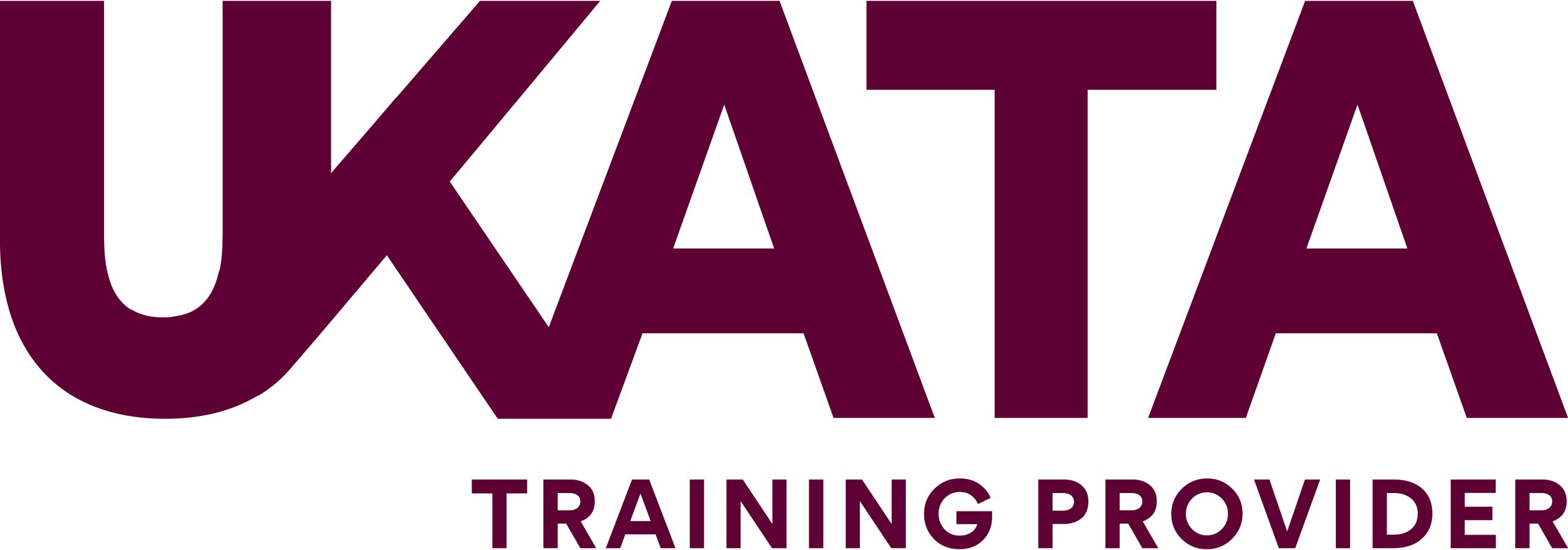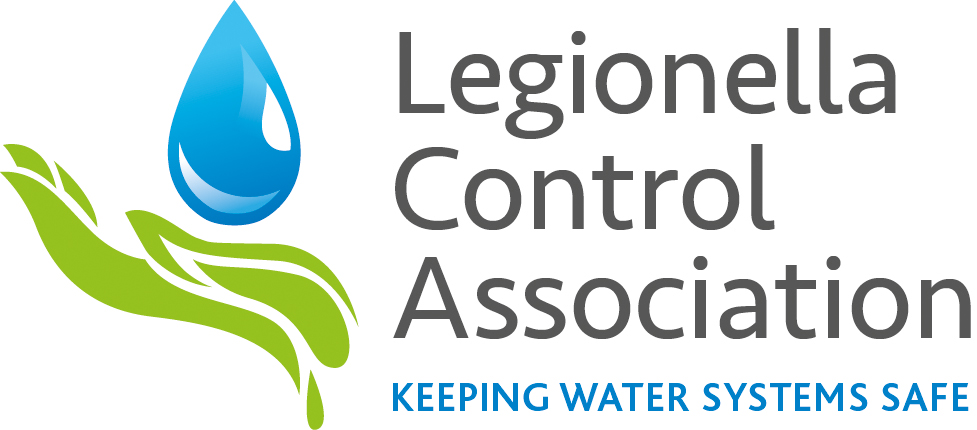Protecting people and planet
Protecting people and planet
Protecting people and planet
Protecting people and planet
Protecting people and planet
The Five I’s Framework: Accelerating Business Progress towards Net Zero

Lucion Group
24th October, 2023
The UK aims to achieve Net Zero greenhouse gas emissions by 2050, a target set in 2019 to combat climate change. Progress has been made, with emissions already reduced by nearly 50%. However, to reach Net Zero, there needs to be a 78% reduction in emissions by 2035. This transition goes beyond just energy production; it requires reconfiguring transport systems, homes, businesses, and land use to change how people and goods are moved, how buildings are heated, and how production and consumption patterns are managed.
In June, the UK’s Climate Change Committee Advisory Business Group (ABG) published their report, ‘The Power of Partnership’, outlining a new framework, ‘The Five I’s’, designed to set a benchmark to guide both businesses and governments in achieving the full potential of Net Zero.
Following this publication, Sustainability Unit Director Rob Molyneux and the Sustainability Team at Delta-Simons Ltd, part of the wider Lucion Group, provide insight into the 5 ‘I’s’, the key drivers, the barriers and what the framework could mean for businesses looking to partner with government through various schemes, working for a net zero future.
In a fiscal risks report released in July 2021, the Office for Budget Responsibility projected that the net cost of the UK achieving net zero emissions by 2050 would amount to £321 billion, equivalent to just over £10 billion per year.
While the US and the EU have taken significant measures to bolster green investment, China continues to invest substantial sums annually in green technologies. Although the UK may not possess the same financial resources as these economies, it must adopt a more decisive approach, capitalising on its strengths in critical sectors such as energy, finance, engineering, professional services, media, cutting-edge manufacturing, and research and development.
Net Zero offers lucrative commercial and economic prospects for the UK, and taking decisive action toward achieving it is crucial for maintaining the country's business competitiveness. Nonetheless, several key obstacles are hindering private sector involvement, including inconsistency among voluntary business initiatives, delays in essential infrastructure provision, perceived higher costs of certain Net Zero measures, and limited finance and capacity, particularly for smaller businesses. Unlocking the full potential of businesses in supporting Net Zero efforts relies on the government's efforts to address these barriers by implementing clear and consistent policies, incentives, and regulations.
To accomplish this, the UK's Climate Change Committee Advisory Business Group (ABG) has proposed the "Five I's" framework.
The "Five I's" framework comprises the following components; integrity, investment, implementation, innovation, and influence.
Integrity
Encouraging businesses to take responsibility for their emissions and set credible reduction targets are essential elements of the Integrity pillar. These targets should cover all emissions and should be met by integrating effective plans and actions within the core business strategy, rather than relying solely on carbon credits.
Delta-Simons can measure Scope 1, 2 and 3 emissions, set science-based Net Zero targets and provide concrete actions to reduce emissions across all categories. Alongside these emissions reductions, we can source high-integrity carbon credits to offset residual emissions. Whether you need to calculate emissions for regulatory compliance, customer demand or as a voluntary project, Delta-Simons can tailor the emissions inventory to your requirements.
Investment
To achieve Net Zero, businesses need to promote commercially viable decision-making to invest in emerging low-carbon sectors and technologies, critical to the overall success of Net Zero.
The UK Government has a key role in incentivising investment by providing access to appropriate finance such as low-cost green loans, tax incentives and capital allowances. UK Green Taxonomy must be internationally competitive and supportive of business investments in low-carbon and transitional sectors, products and technologies, ensuring a positive business case for investment exists.
Delta-Simons works with investor Clients to evaluate the Net Zero Transition Risk inherent within their real estate investments, utilising tools such as the Carbon Risk Real Estate Monitor (CRREM). We provide energy audits to businesses and building owners to evaluate the business case for energy efficiency investments.
Implementation
There is a need for large businesses and Government to support the application of Net Zero within supply chains, inevitably requiring collaboration with SMEs and the development of procurement plans able to facilitate the adoption of low-carbon goods and services.
“Customers and suppliers can work together to implement Net Zero solutions through our operations and value chains.”
- The Power of Partnership: Unlocking business action on Net Zero (Expert Advisory Group), Page 13.
Delta-Simons supports our Clients to engage with supply chains in the delivery of meaningful carbon reduction to support robust, science-based targets.
Innovation
Achieving Net Zero isn't possible by doing things the way we already do them. Getting to Net Zero requires significant change, and that need for change brings out the best in us. Innovation has always been an important and exciting part of our collective DNA and innovation will be an important and exciting part of any drive to Net Zero.
Developing “made in Britain” Net Zero solutions brings economic opportunities, new jobs and supply chain resilience to UK businesses.
Delta-Simons is a business that is pushing to innovate and to benefit from those same opportunities and advance solutions for Net Zero and wider environmental and sustainability objectives - as seen with our recent nomination for the Environment Analyst ESG Innovation Award for the development of our ESG Benchmark Assessment tool.
Influence
Businesses have a significant potential to inform, influence and enable action on Net Zero across their full sphere of influence, through their interactions with their own value chain; with the community; and through consumers.
“88% of people in the UK would like to make more sustainable choices”
- How To Build A Net Zero Society, The Behavioural Insights Team.
Delta-Simons has helped our clients to promote the sustainability credentials of their developments, products and services to better inform clients, consumers and the public - such as through the provision of Product Lifecycle Carbon Assessments (LCAs) to clients in the beauty product industry.
By incorporating these five elements, businesses - both large and small - can work together effectively with governments to tackle the challenges of climate change and pave the way toward a more sustainable future.
Our team offers a comprehensive suite of services to assist companies in measuring, reducing, and offsetting their carbon emissions while aligning with international standards and sustainability goals.
We support companies and institutions in their efforts to achieve Net Zero emissions and go beyond to make a positive impact on the environment. For more information about how we can help you start your Net Zero journey, connect with Rob and Lucion Group's Head of Business Development, Kimberley Johnson, to discuss your needs. You view our ESG service offering by clicking here.
About The Author
Rob Molyneux CEnv
Sustainability Unit Director
With 18 years of operational experience in the energy and sustainability field, primarily in energy and carbon for the built environment and corporate sustainability.
With clear challenges in front of business in relation to climate change, carbon emissions and sustainability, it is an exciting time to be in this sector with the ability to help organisations understand and mitigate the risks – and grasp the opportunities – we face as a result of climate change impacts on our businesses.
E: rob.molyneux@deltasimons.com
M: +44 (0)7974 188 349
Linkedin: Rob Molyneux
Register for IMPACT Bulletin
Don’t miss a beat - get the latest insights and updates from Lucion straight to your inbox.
